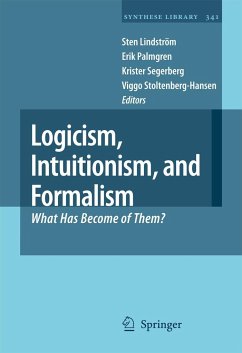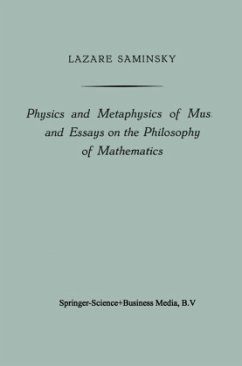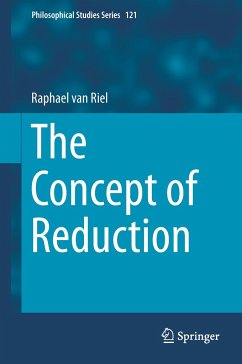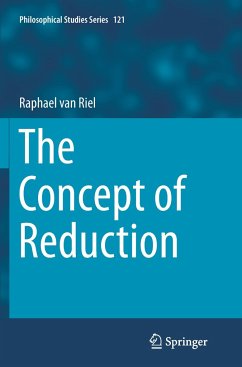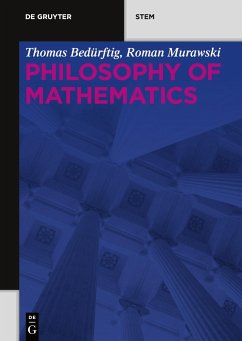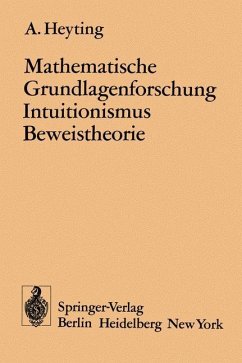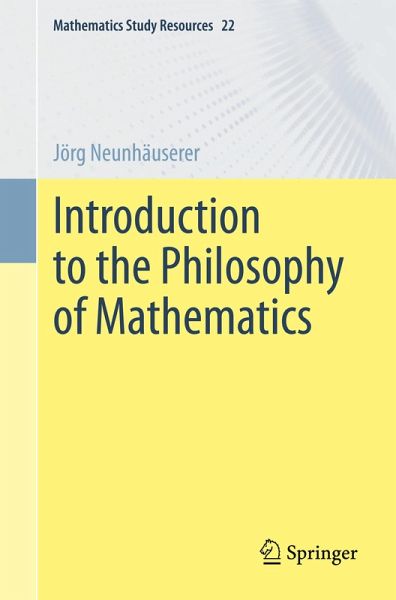
Introduction to the Philosophy of Mathematics

PAYBACK Punkte
15 °P sammeln!
What kind of objects does mathematics investigate, and in what sense do these objects exist? Why are we justified in considering mathematical statements as part of our knowledge, and how can they be validated?A philosophy of mathematics seeks to answer such questions. In this introduction, we present the major positions in the philosophy of mathematics and formulate their core ideas into clear, accessible theses. Readers will learn which philosophers developed each position and the historical context in which they emerged. Drawing on fundamental intuitions and scientific findings, one can argu...
What kind of objects does mathematics investigate, and in what sense do these objects exist? Why are we justified in considering mathematical statements as part of our knowledge, and how can they be validated?
A philosophy of mathematics seeks to answer such questions. In this introduction, we present the major positions in the philosophy of mathematics and formulate their core ideas into clear, accessible theses. Readers will learn which philosophers developed each position and the historical context in which they emerged. Drawing on fundamental intuitions and scientific findings, one can argue for or against these theses such arguments form the second focus of this book.
The book aims to encourage readers to reflect on the philosophy of mathematics, to develop their own stance, and to learn how to argue for it.
This book is a translation of the original German 2nd edition. The translation was done with the help of an artificial intelligence machine translation tool. A subsequent human revision was done primarily in terms of content, so that the book may read stylistically differently from a conventional translation.
A philosophy of mathematics seeks to answer such questions. In this introduction, we present the major positions in the philosophy of mathematics and formulate their core ideas into clear, accessible theses. Readers will learn which philosophers developed each position and the historical context in which they emerged. Drawing on fundamental intuitions and scientific findings, one can argue for or against these theses such arguments form the second focus of this book.
The book aims to encourage readers to reflect on the philosophy of mathematics, to develop their own stance, and to learn how to argue for it.
This book is a translation of the original German 2nd edition. The translation was done with the help of an artificial intelligence machine translation tool. A subsequent human revision was done primarily in terms of content, so that the book may read stylistically differently from a conventional translation.




